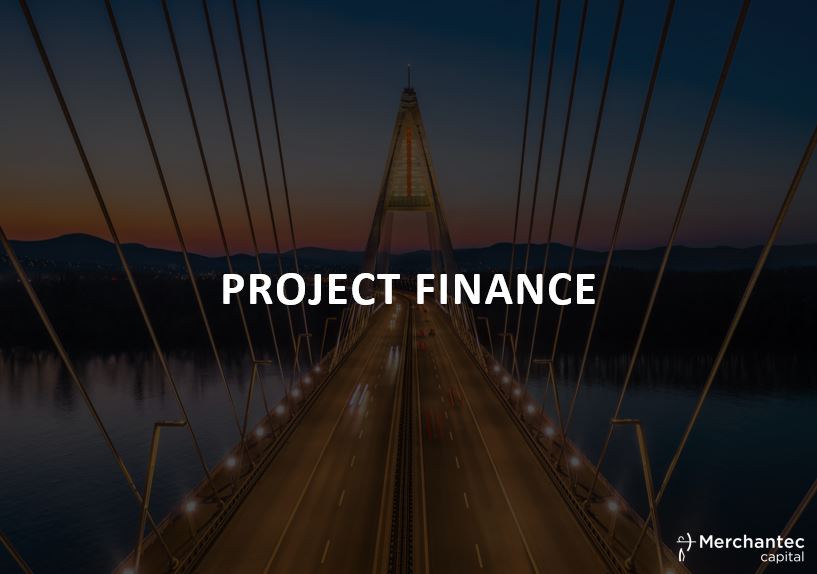Developed economies to raise at least $100bn annually in support of the energy transitions of emerging economies
A recent visit to South Africa by international delegates comprising US, UK, France and German officials was undertaken to establish a basis of agreement in relation to transitioning South Africa’s power generation assets away from coal. This visit was linked to one of COP26’s directives for developed economies to raise at least $100bn annually in support of the energy transitions of emerging economies. This creates an interesting opportunity for the South African renewable energy industry to benefit from this capital raise.
The world is slowly advancing towards a state of net-zero carbon emissions, and these changes provide unique opportunities for the renewable energy industry to execute South Africa’s energy transition. These opportunities call for increased involvement from private sector generators and funders.
Influencing factors for the energy transition and what it may mean for the renewable energy industry as they look to fill the gap left by a possible coal exit:
- The Paris Agreement established in 2015
The Paris Agreement focused on climate change and established through the United Nations Framework Convention on Climate Change (UNFCCC) in 2015 is another driving factor for South Africa, having confirmed our support by way of Nationally Determined Contributions (NDCs), in which we outlined our intended strategy to meet the goals of the agreement.
- Halt of Funding of greenfield coal-fired power plants
Additional pressure to accelerate the energy transition has been exerted by FirstRand and the Nedbank Group as they move to halt their funding of greenfield coal-fired power plants, resulting from increasing pressure from their investors as well other stakeholders.
- The Renewable Energy Independent Power Producer Program (“REIPPP”)
South Africa’s largest obstacle in achieving a net-zero carbon emission economy is its reliance on coal as a fuel source. Its transition to a non-coal-powered economy has seen some progress, but these changes have not been adequate by international standards. The Renewable Energy Independent Power Producer Program (REIPPP) has been instrumental in kickstarting the renewable energy industry in the country, however, additional frameworks and incentives need to be further developed to effect the widespread energy transition that is required.
- Eskom’s limited financing options to transition away from coal
ESKOM supplies almost all of South Africa’s power with the majority being generated by coal. They are the premier custodian for executing the transition to a non-coal powered economy. Given ESKOM’s strained financial condition, primarily as a result of its approximately ZAR 402bn in debt, it is limited in terms of traditional financing options for executing this transition.
- R12.5bn German funding of South African coal exit
At COP26, the German delegation reported that it would provide R12.5bn in funding to South Africa with the aim of assisting its exit from coal and accelerating renewable energy development. This funding was also committed with the aim of catalysing similar funding from other developed economies.
Considering this global push to a net-zero global economy, the state of the South African power industry, ESKOM’s financial status, foreign funding, and the directives and efforts by developed economies to assist developing economies in their energy transitions to a net-zero state, it can be reasonably expected that a substantial, positive, change in the enabling factors for renewable energy generation within South Africa may occur in the short to medium term.
This expected change provides a unique opportunity for the renewable energy industry to play its part in executing South Africa’s energy transition. Additionally, it creates possibilities for increased involvement from private sector generators and funders.
Now is the time for energy developers to be proactive in their identification of opportunities and positioning of projects to leverage the potential changes to the South African energy landscape.
It will require public-private cooperation on a scale not previously experienced and will bring with it its own challenges of navigating this new landscape.
If you would like to find out more about how we can assist you in finding opportunities and funding for your renewable energy project, contact us below to discuss your needs further.





